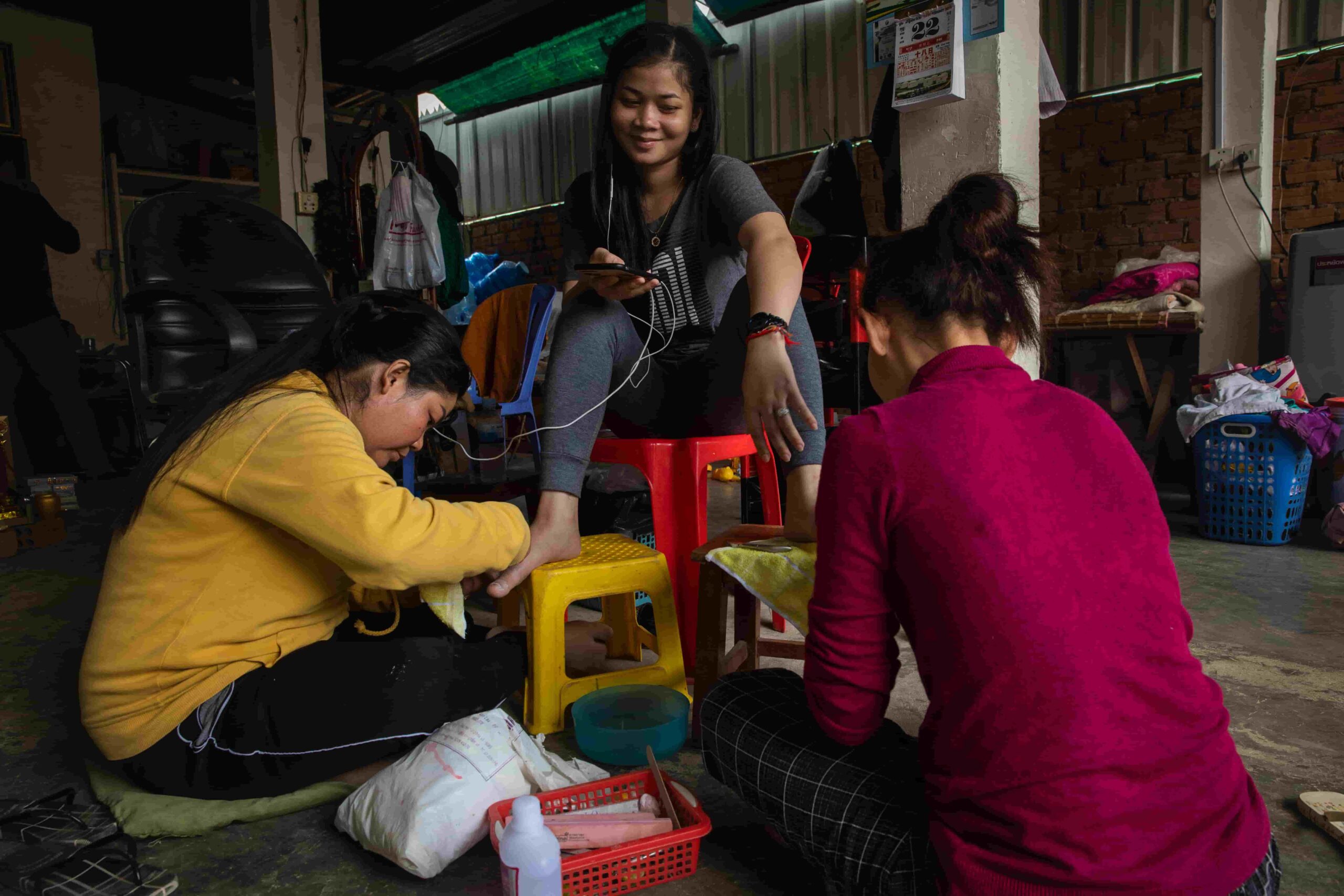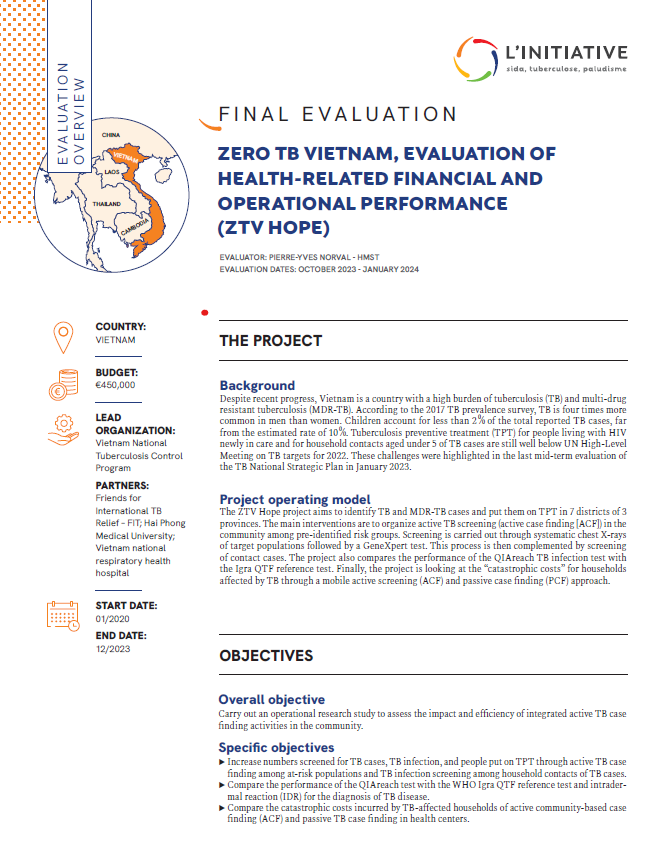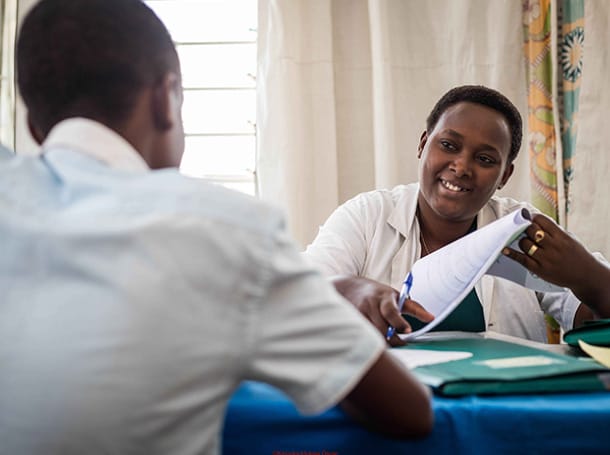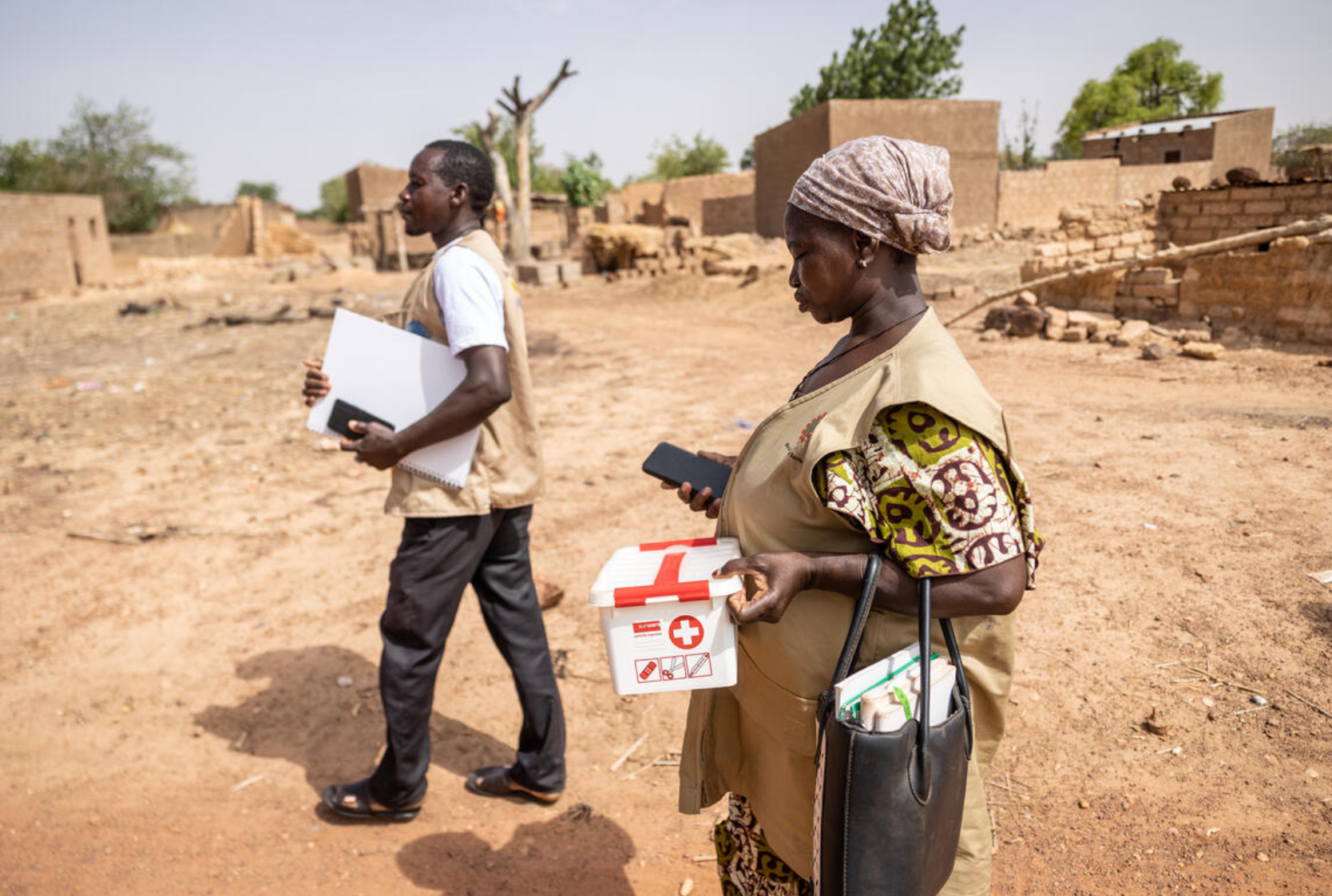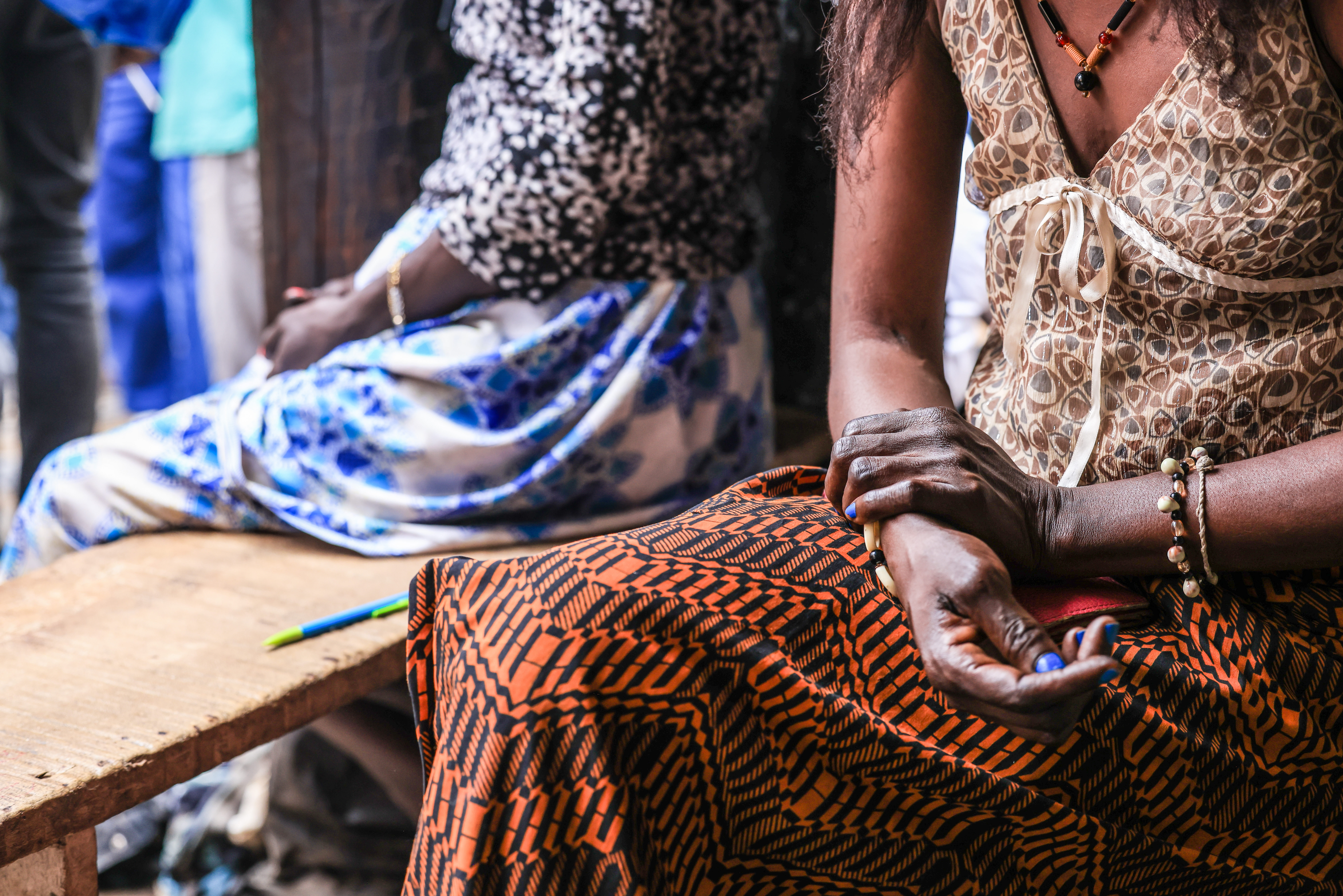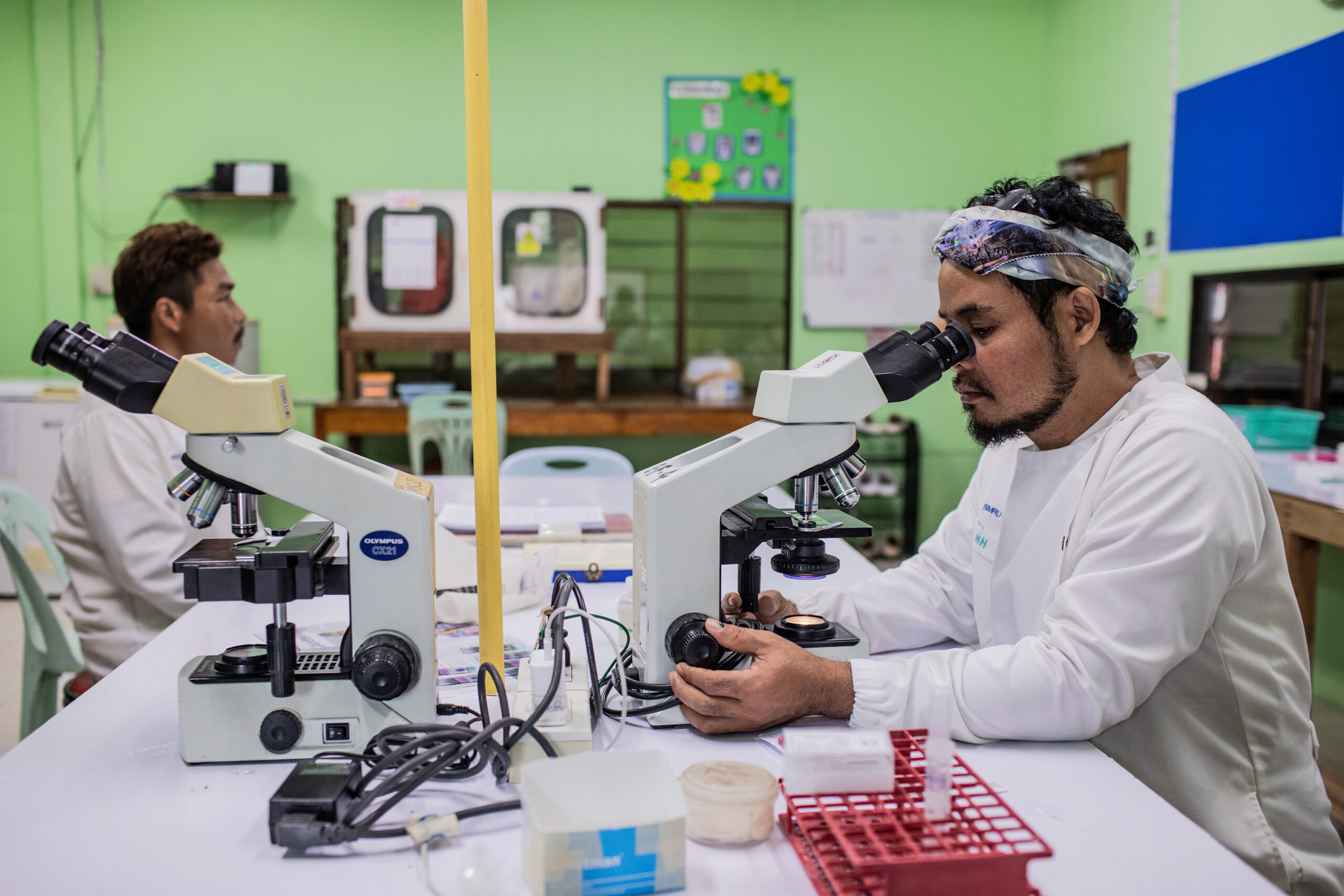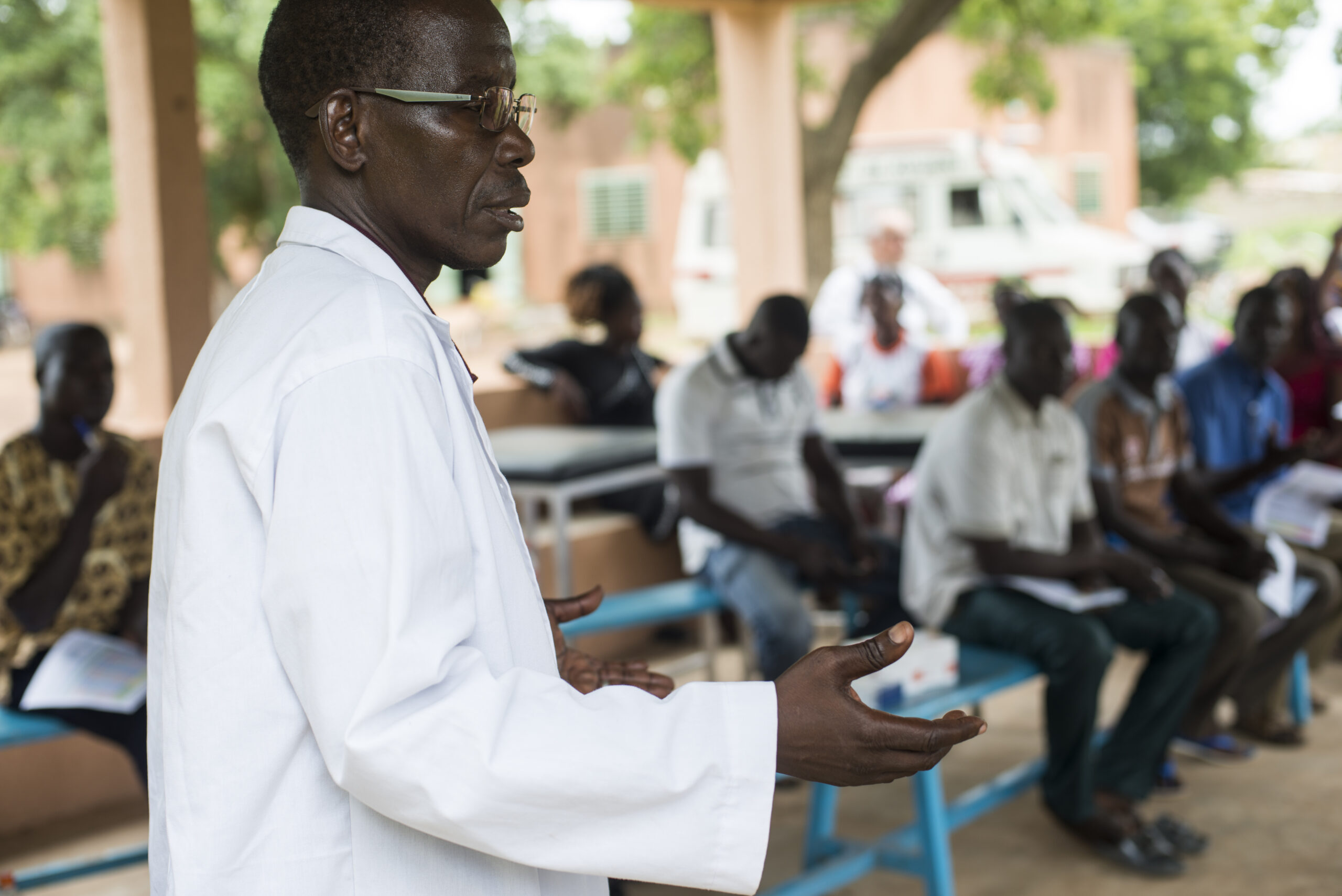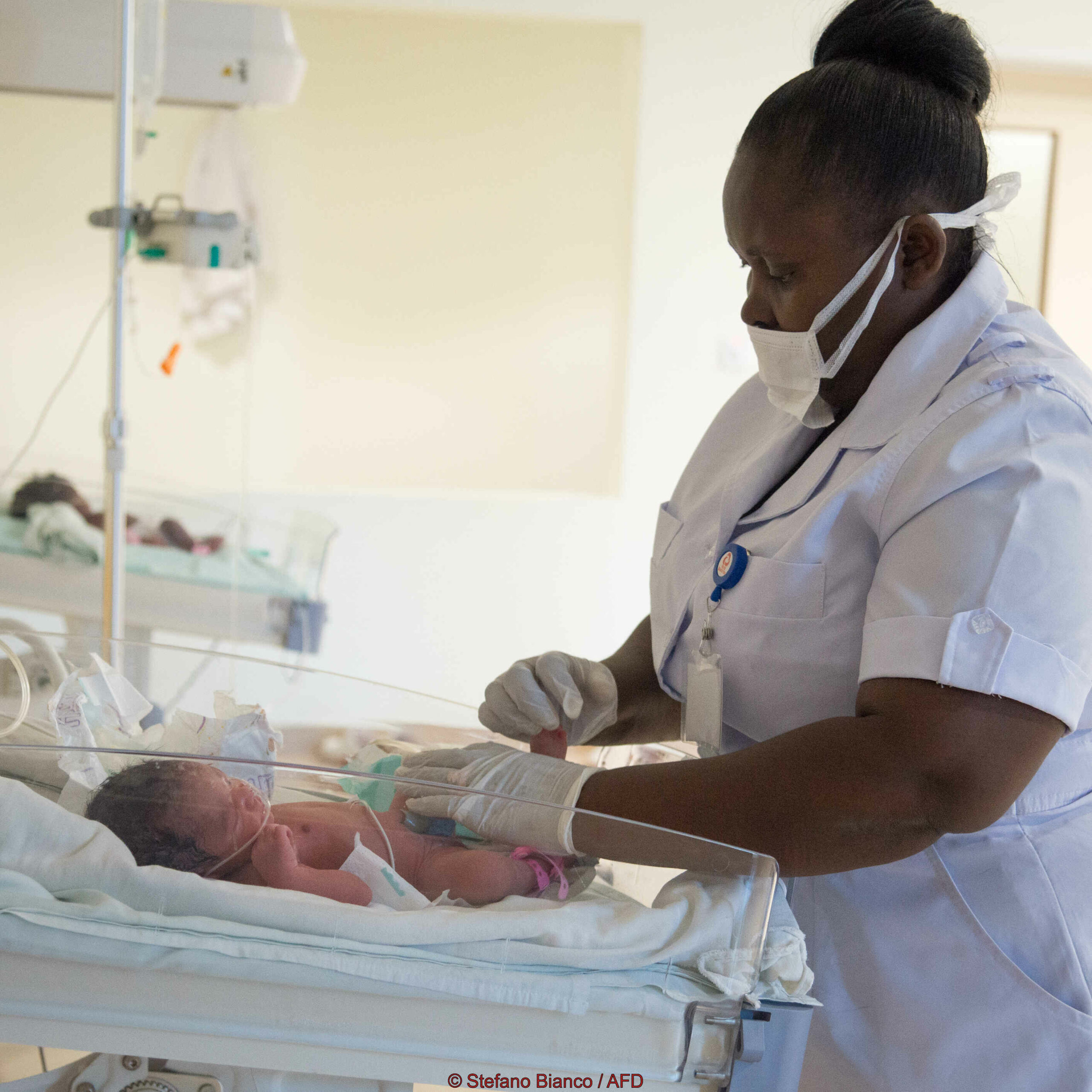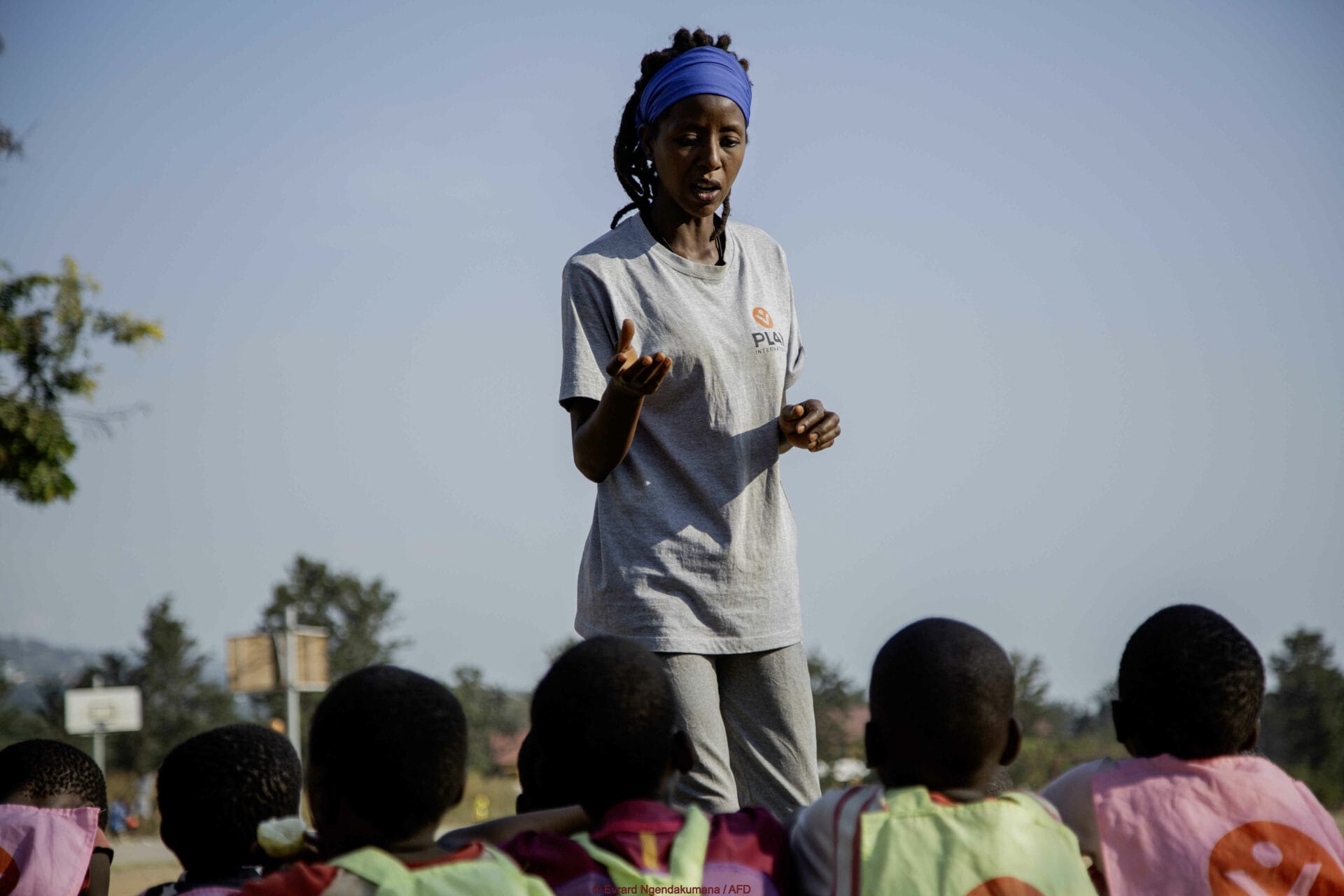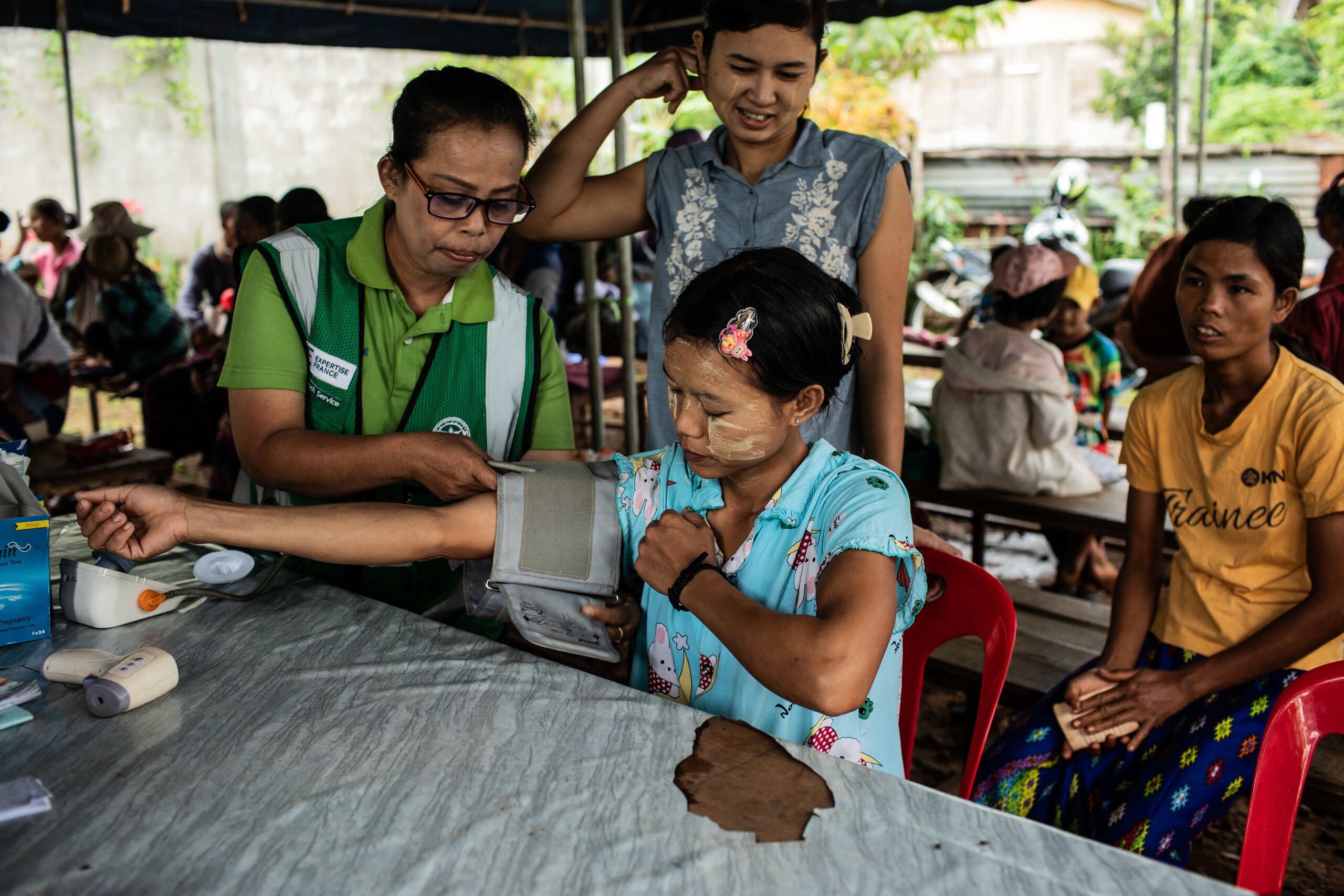When tuberculosis (TB) is active and detectable, it can be treated. Treatment can last from 6 to 24 months, depending on the sensitivity of the Mycobacterium tuberculosis strain responsible for the disease. Latent tuberculosis infection (LTBI) is asymptomatic and gives rise to considerable concern.
Capthaï: including Thai case contacts in the tuberculosis treatment pathway
The aim of the Capthaï project is to assess the feasibility and public health impact of an intervention combining the detection and treatment of patients with active tuberculosis and the provision of preventive treatment to contact cases. The aim is to test a strategy for the early detection and prevention of tuberculosis among family contacts of tuberculosis patients, in order to reduce morbidity, mortality and transmission of this disease in Thailand. Lasting 36 months, the Capthaï project will run from 2022 to 2025, based on nearly 20 provincial hospitals covering the whole of Thailand.
This work is being carried out in partnership with the tuberculosis division of Thailand’s Ministry of Public Health, the TB/HIV Research Foundation and the London School of Hygiene and Tropical Medicine in the UK.
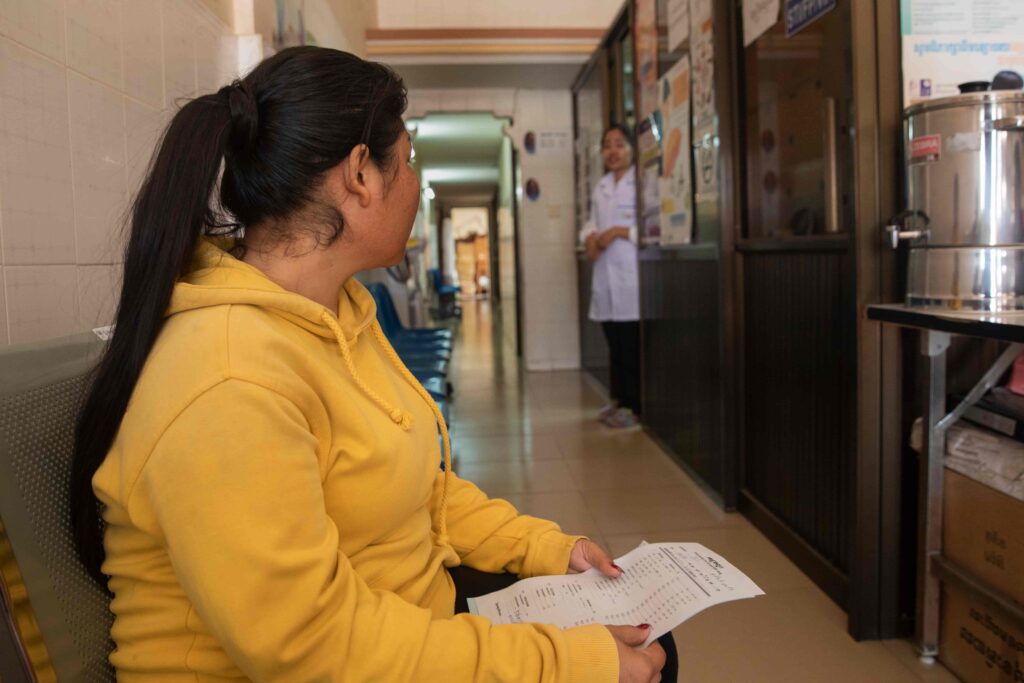
Opticam: in Cambodia, providing preventive TB treatment to people living with HIV
The “Optimizing Latent TB Treatment Among People Living with HIV in Cambodia: Addressing Provider-Side Barriers (OPTICAM)” project led by the Institut Pasteur du Cambodge was selected in 2018 and started in 2019 for a five-year period and a budget of almost one million euros.
As people living with HIV are at greater risk of developing active tuberculosis, the WHO recommends that they receive treatment for LTBI at least once in their lives. Until recently, this treatment consisted of daily medication for six months. The length of the treatment made compliance all the more difficult for patients who had no signs or symptoms of infection. New, shorter and better-tolerated treatments are now available and recommended, enabling better management of latent tuberculosis in people living with HIV.
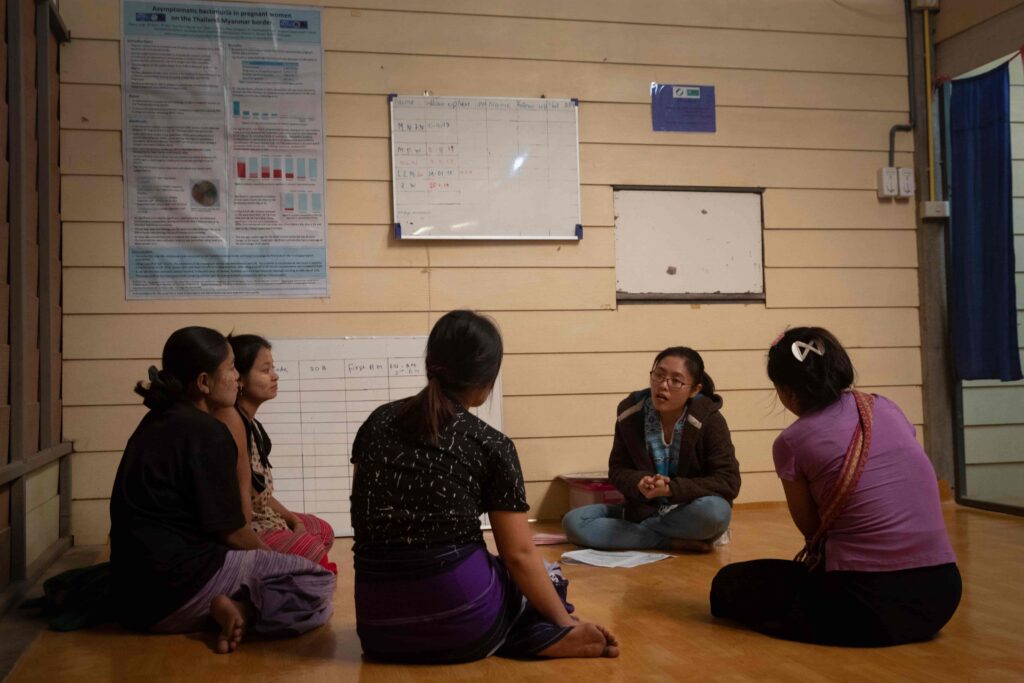
In practice, too few people living with HIV worldwide have received treatment for latent tuberculosis, particularly in Cambodia, one of the thirty countries most affected by the tuberculosis pandemic.
The Opticam research project aims to improve the management of LTBI by identifying barriers to treatment initiation on the part of caregivers and HIV-positive people alike, and by proposing a targeted strategy including short courses of treatment. Focusing on eight districts in four Cambodian provinces, the Opticam project covers 6% of the country’s total population, and aims to increase tuberculosis preventive treatment among people living with HIV from 21% to 75% by the end of the project.
The project is run in partnership with the Clinton Health Access Initiative, the TB National Program of Cambodia and the HIV National Program from Cambodia (NCHADS).
